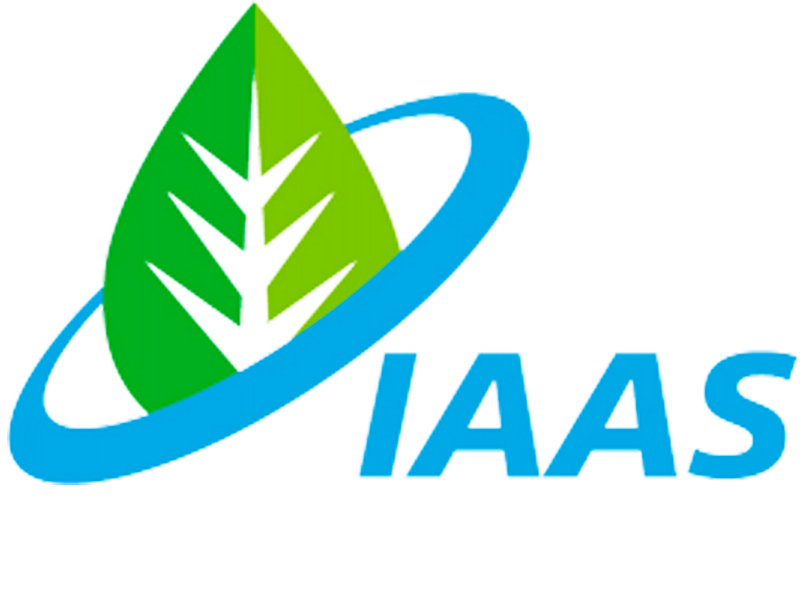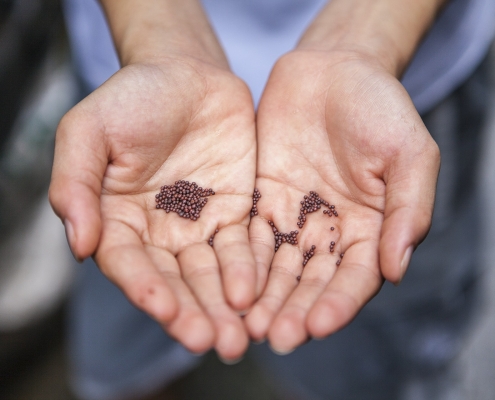Tropical species are moving northward as winters warm
by Janaína Simões, FAPESP
In Brazil, researchers affiliated with the Center for Nuclear Energy in Agriculture (CENA) and the Luiz de Queiroz College of Agriculture (ESALQ), both part of the University of São Paulo (USP), have developed a methodology based on artificial intelligence to automate and streamline seed quality analysis, a process required by law and currently done manually by analysts accredited with the Ministry of Agriculture.
The group used light-based technology like that deployed in plant and cosmetics analysis to acquire images of the seeds. They then turned to machine learning to automate the image interpretation process, minimizing some of the difficulties of conventional methods. For example, for many species, optical imaging technology can be applied to an entire batch of seeds rather than just samples, as is the case currently. Furthermore, the technique is non-invasive and does not destroy the products analyzed or generate residues.
In Brazil, researchers affiliated with the Center for Nuclear Energy in Agriculture (CENA) and the Luiz de Queiroz College of Agriculture (ESALQ), both part of the University of São Paulo (USP), have developed a methodology based on artificial intelligence to automate and streamline seed quality analysis, a process required by law and currently done manually by analysts accredited with the Ministry of Agriculture.
The group used light-based technology like that deployed in plant and cosmetics analysis to acquire images of the seeds. They then turned to machine learning to automate the image interpretation process, minimizing some of the difficulties of conventional methods. For example, for many species, optical imaging technology can be applied to an entire batch of seeds rather than just samples, as is the case currently. Furthermore, the technique is non-invasive and does not destroy the products analyzed or generate residues.
> Source: PHYS.ORG




 CREDIT: MARKUS SPISKE, PUBLIC DOMAIN
CREDIT: MARKUS SPISKE, PUBLIC DOMAIN credit: Public Domain
credit: Public Domain